Whatever is funny is subversive, every joke is ultimately a custard pie. A dirty joke is a sort of mental rebellion
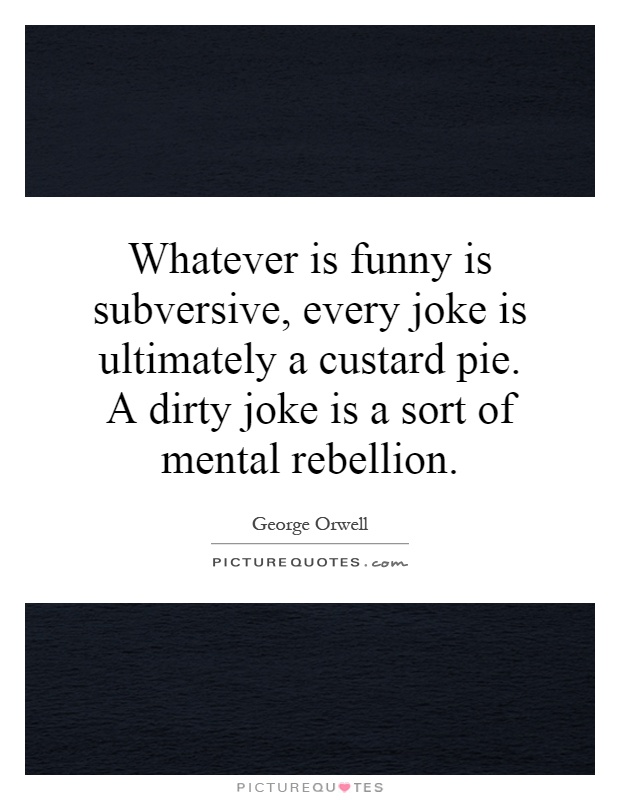
Whatever is funny is subversive, every joke is ultimately a custard pie. A dirty joke is a sort of mental rebellion
George Orwell, the renowned author and social critic, was known for his sharp wit and keen observations on society. In his essay "Funny, But Not Vulgar," Orwell explores the idea that humor, particularly in the form of jokes, can be a powerful tool for subversion and rebellion.Orwell argues that humor has the ability to challenge and disrupt the status quo, making it a subversive force in society. He suggests that laughter has the power to break down barriers and expose the absurdity of the world around us. In this sense, every joke is like a custard pie, throwing a metaphorical pie in the face of authority and convention.
Orwell goes on to discuss the idea of dirty jokes as a form of mental rebellion. He suggests that jokes that push the boundaries of decency and propriety can be a way of challenging social norms and taboos. By making light of taboo subjects, dirty jokes can serve as a form of resistance against the constraints of polite society.
Orwell's own writing is filled with humor and satire, often using comedy as a means of critiquing the injustices and hypocrisies of the world. In works such as "Animal Farm" and "1984," Orwell uses humor to expose the folly of totalitarianism and the dangers of unchecked power.
Overall, Orwell's exploration of humor as a subversive force highlights the power of laughter to challenge authority and provoke thought. By using jokes and comedy to question the status quo, we can engage in a form of mental rebellion that challenges the norms and conventions of society. In this way, humor can be a powerful tool for social change and resistance.

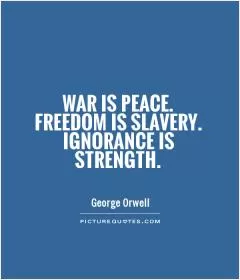
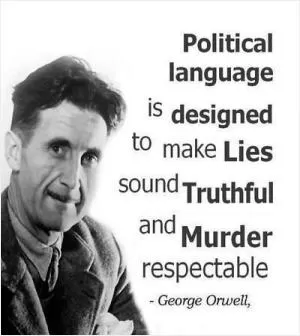


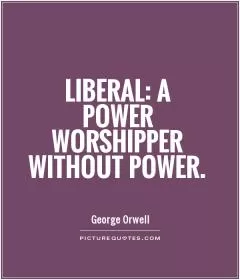
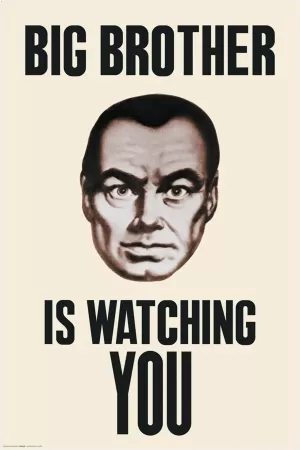
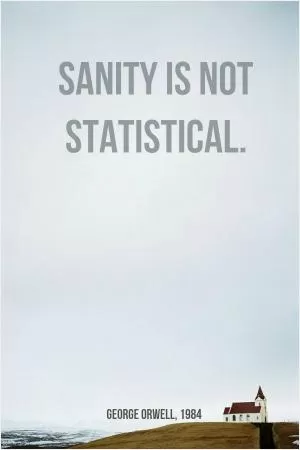
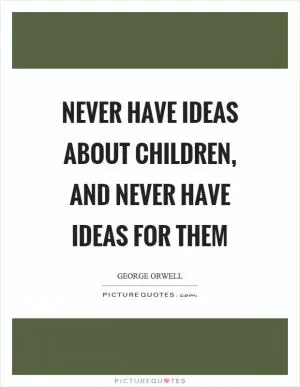
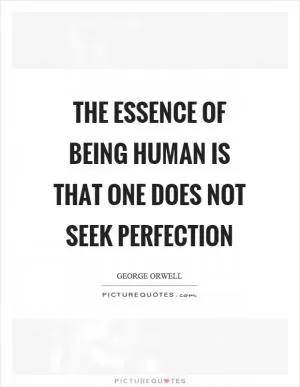


 Friendship Quotes
Friendship Quotes Love Quotes
Love Quotes Life Quotes
Life Quotes Funny Quotes
Funny Quotes Motivational Quotes
Motivational Quotes Inspirational Quotes
Inspirational Quotes